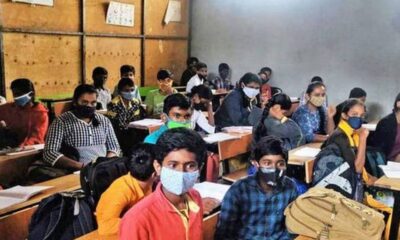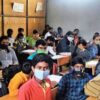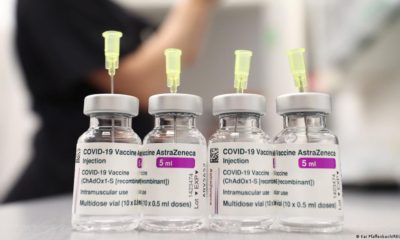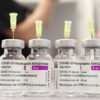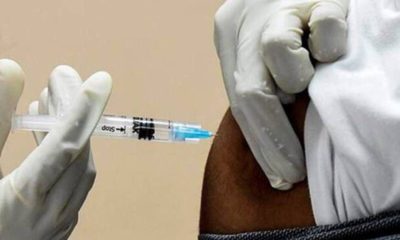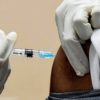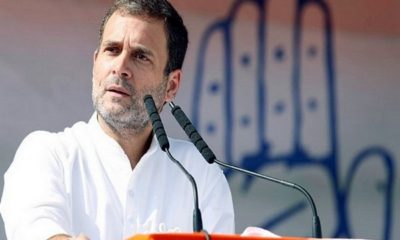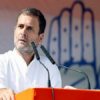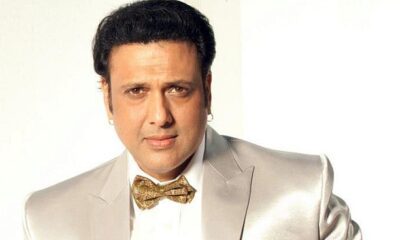Key points:
- Rich countries home to 14 per cent of the world population had purchased 53 per cent of the available stock of the most promising vaccines.
- The lives, as well as livelihoods of peoples, must be put before the profits of pharmaceutical companies.
- Fifty-three per cent of these possible doses were purchased by the EU.
- Rich peoples are in breach of their human rights obligations by purchasing up the vast majority of the world’s supply of vaccines.
Nine out of 10 individuals in dozens of poor countries could miss being vaccinated next year against COVID-19 because rich countries have collected much more vaccines than they need, campaigners said that on Wednesday.
The rich nation had purchased 53% of Vaccine:
As of last month, the People’s Vaccine Alliance, a group including Oxfam, Amnesty International as well as Global Justice Now, said that rich countries home to 14 per cent of the world population had purchased 53 per cent of the available stock of the most promising vaccines.
They said that through the World Health Organization (WHO), pharmaceutical companies focusing on COVID-19 vaccines should freely share their technologies as well as intellectual property so that more doses can be made.
Mohga Kamal-Yanni stated:
Mohga Kamal-Yanni, an advisor to the People’s Vaccine Alliance, said to the Thomson Reuters Foundation, “This should not be a fight among countries to secure enough doses.”
“The lives, as well as livelihoods of peoples, must be put before the profits of pharmaceutical companies during these unprecedented periods of a global pandemic,” she stated.
As per the Alliance Report:
Although the first shot of the vaccine produced by Pfizer and BioNTech was received by high-risk groups in Britain on Tuesday, most citizens in 67 low- as well as lower-middle-income nations, including Bhutan, Ethiopia, and Haiti, risk being left-back, they stated.
Of the three COVID-19 vaccines for which efficacy findings have been announced, virtually all of the doses available for two of them – Moderna and Pfizer/BioNTech – have been obtained by rich countries, the Alliance study said.
While AstraZeneca, as well as the University of Oxford, have promised to offer 64 per cent of their doses to people in developing countries, by next year “at most it added, that would only cover 18 per cent of the world population.
As Oxfam stated:
In order to examine the deals between nations, including eight leading vaccine candidates, plus China’s Sinovac & Russia’s Sputnik V, the campaigners used data from scientific knowledge and analytics company Airfinity.
Fifty-three per cent of these possible doses were purchased by the EU, the United States, Britain, Australia, Hong Kong, Macau, Canada, Japan, Switzerland, New Zealand, Israel, and Kuwait – with Canada purchasing enough to vaccinate its citizens five times over, Oxfam stated.
Steve Cockburn in his statement:
“Rich countries are in breach of their human rights obligations by purchasing up the vast majority of the world’s supply of vaccines,” Steve Cockburn, Head of Economic as well as Social Justice at Amnesty International, said during a statement.














